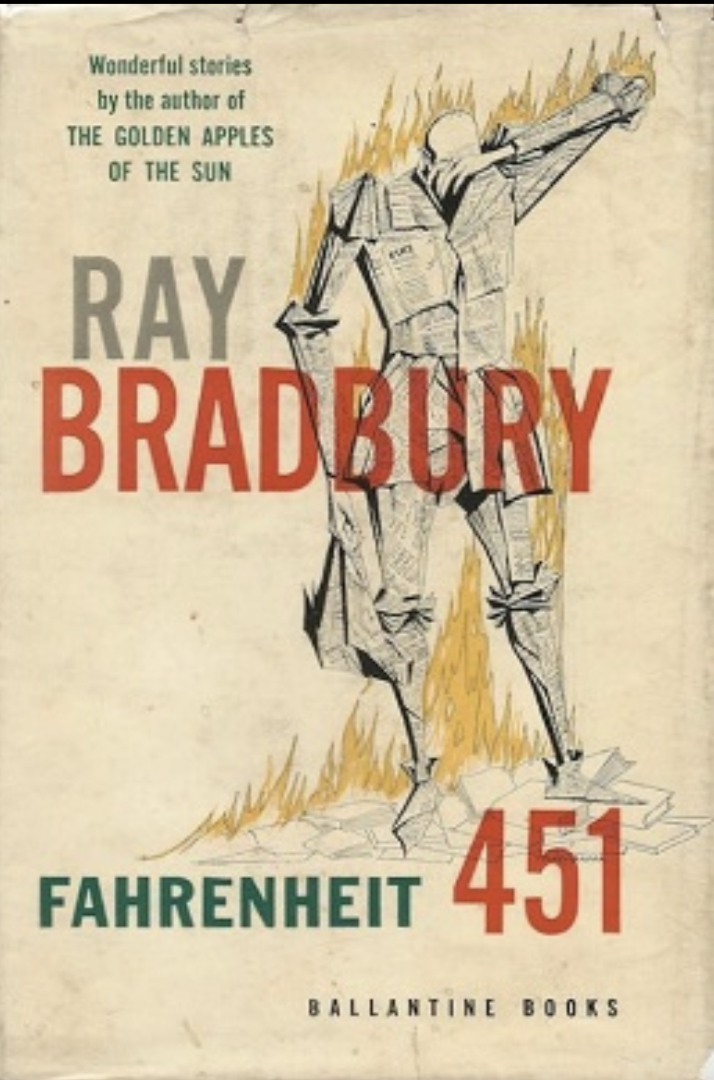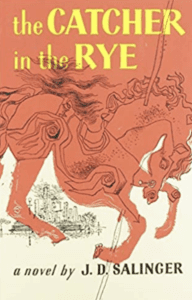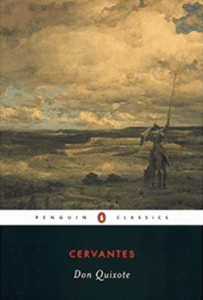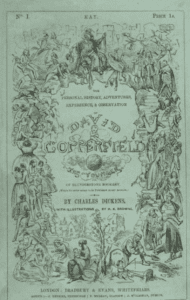Author: Ray Bradbury, a 20th-century American author, and screenwriter.
The story envisions an apocalyptic future, a favorite theme with Bradbury, where books are burnt to obliterate knowledge, literature, and philosophy, in the twenty-fourth century. It takes its name from the temperature of the fires started by the protagonist Guy Montag and his fellow firemen, whose job is not to extinguish fires but to create them in order to burn books, as well as the whole house of those found guilty of possessing them. Their world is full of technical appliances like television walls – large interactive television screens, and seashell radios – radios attached to the ear. Like all great science fiction, the shallow technology-obsessed future this described more than sixty years ago is eerily familiar today, almost verging on the prophetic.
Montag lives with his wife Mildred, who is always surrounded by her gadgets and is addicted to her sleeping pills. She has a superficial existence and outlook. Though initially, Montag takes pleasure in burning, he soon starts questioning what is contained in the books, which makes them dangerous enough to require burning. He begins to pilfer some of the books he is supposed to burn and conceals them at home. When he becomes close to his teen-aged neighbor, Clarisse, who prefers nature and people over technology, he has serious doubts about his work and his marriage. Clarisse opens his eyes to the simple pleasures of life and makes him analyze what he does as a fireman.
Mildred overdoses on her sleeping pills but recovers. Montag goes to burn the house of an old woman, who refuses to give up her books and perishes in the fire with them. He comes home unhappily and feels that the vacuum in his life can probably be filled with books. There must be something very worthwhile in the books to make people like this old woman value them more than their life. Mildred tells him that a few days earlier, Clarisse was run over by a speeding car. Montag has taken a book from the old woman’s house and sleeps with it under his pillow overcome with sadness.
Captain Beatty, the fire chief, visits the next day when Montag does not show up for work. He speaks at length about why books need to be burnt and why it is normal to question the act of burning as Montag may be doing. According to Beatty, earlier when there was no censoring of thoughts and ideas, some individuals and communities were hurt by the writings of others. When they tried to stop offending anybody, all literature became indistinguishable from one other. Eventually, to ensure that the society was uniform in all respects, and did not foster conflicting views, all books were banned and destroyed. During the visit, Mildred discovers the book under Montag’s pillow but does not betray her husband.
As Beatty had warned that any book brought home by a fireman must be burnt within a day, Montag hurriedly starts to read all the books he has. A year before this, Montag had met an old professor, whom he feels can advise him now. He contacts Professor Faber who is suspicious at first, but Montag gradually gains his trust. Faber says that books explain life and the world around them. He gives Montag a two-way communication device invented by him called the Green Bullet, through which the two can converse. They also plan to make copies of Montag’s books.
One day Montag finds his wife and two of her friends watching television and mindlessly gossiping without caring that an atomic war is about to begin. He talks to them earnestly about serious things and then reads to them a poem by Mathew Arnold. The women are moved to tears, but uncomprehending. When Montag goes to the office next, Beatty baffles him by citing conflicting ideas from various books. Beatty uses them as evidence that books only engender confusion in people’s minds, and should therefore be eradicated.
The fire alarm goes off, and the firemen are called to a new house harboring books – that of Montag himself, Mildred having reported him at last. Montag is forced to burn his own house and in a skirmish thereafter, he kills Beatty with a flamethrower. The Mechanical Hound, which is used to pursue a fugitive by his scent, is set after him. Though the Hound bites Montag and injects him with the anesthetic procaine, Montag manages to kill it with the flamethrower. A second Mechanical Hound is then sent, but he escapes with some of his books.
He goes to the house of a fellow fireman, hides a book there and calls an alarm from a pay phone. He reaches Faber’s house and takes Faber’s old clothes to camouflage his scent. He also asks Faber to turn on all the sprinklers to mask his scent further. Faber then goes away from the city to find a printer he knows. Montag enters the river, changes into Faber’s clothes, and floats downstream. Following an abandoned railway track as instructed by Faber, he comes to a settlement of former writers, academics, clergymen, and intellectuals, now living as outlaws led by a writer called Granger. They give him a drink that changes the pH of the blood, making it even more difficult for the Hound to find him.
Montag had been following the city-wide chase after him through his seashell radio earpiece. Now he is aghast to witness on the portable television at his new refuge, another man being killed by the Mechanical Hound as Montag. Rather than admit in public that the Hound had lost Montag’s scent, thereby undermining the confidence of the populace in the system, the authorities set the Hound after an innocent man, proclaimed to be Montag. His new friends are part of a network of bibliophiles, each of whom memorizes a book for posterity. Montag is allotted the Book of Ecclesiastes. When the city is destroyed in the atomic war, they prepare to build a new more humane society.




